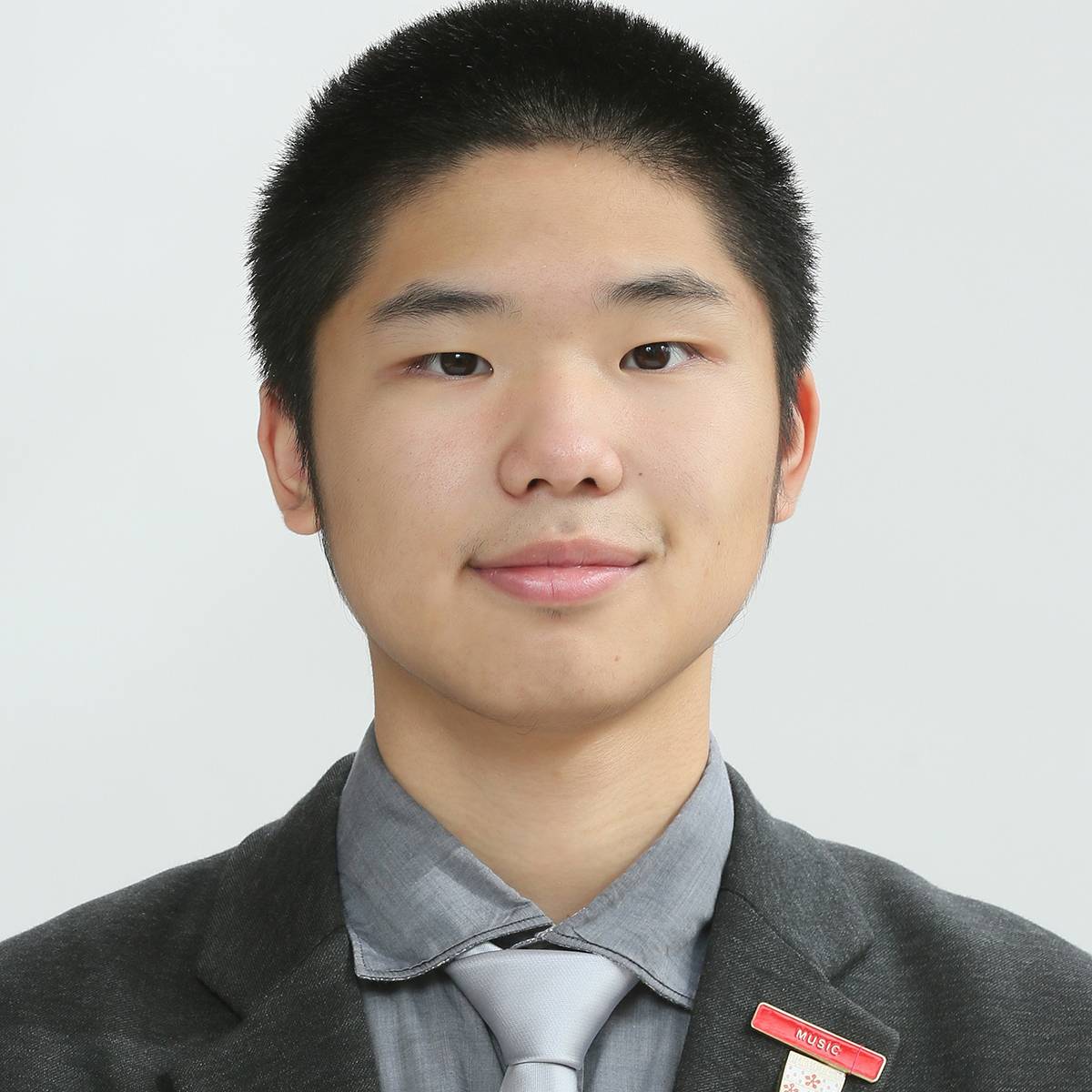The relevance of extracurricular activities to university applications
Author: Jeffrey Harmon - Director of University Counselling
Every year as the Year 13 students prepare for graduation, we ask them to reflect on their learning journey and share advice and insight about the university application process. For the Class of 2021, one major theme was the impact of extracurricular activities (ECAs) on their personal growth as well as their university applications.
For most students, ECAs are meaningful because they are a way to explore new avenues of interests while also making like-minded acquaintances. However, from the perspective of university applications, the role of ECAs is to bring credibility to an application, either as supporting evidence of a claimed passion or showing the applicant’s engagement beyond the academic programme. Common pitfalls, however, are to superficially engage in an overly wide range of ECAs or to participate in an event or organization merely to collect titles. While exploration and recognition of achievement are both valuable, students do need to reflect on their involvement and pare away those that lack depth of engagement and genuine interest...
Our students not only emphasised how their ECAs have allowed them to gain exposure in a specific field of interest but also advised younger students to focus their time and energy on activities they genuinely enjoy and connect these ECAs to a broader narrative. The underlying takeaway was that ECAs and House leadership, in particular, brought them a sense of belonging in their community.
Explore or nurture centres of interest…

“I actively engaged in ECAs because they enable me to acquire knowledge that can be used to narrate the films I make. In addition, I attended the Shanghai Film Festival every summer, where I watched movies premiering in China and analysed them from the perspective of an audience. I was also able to meet professionals in the field.” – Anna I
“I originally went to Myanmar in Year 11 with the intention to improve my CV, but the condition of the school there propelled me to contribute to improving the situation of Myanmar children, so I led a service ECA at school, the Myanmar School Project. This project was meaningful because despite not being a ‘somebody’, I was able to contribute to making the world a better place, improving the lives of less fortunate children.” – Anna I

“Trying out many ECAs helped me to figure out what I liked. I did a lot with debating in MUN, ended up being the secretary-general for DIMUN, ran Debate for Change Tournament and ran a debating ECA. I really liked theatre, so I participated in a lot of productions, supporting the major players. I was on the tennis team too, to exercise.” – Erik C
“Try not to overwhelm yourself, focus on things you are interested in and make sure you are not burning yourself out. If you take some time to relax, it actually helps you to be more efficient in the long run.” – Erik C
ECAs to be engaged in the community.

“I want to re-emphasize the importance of House events because they allow you to engage in a community that is once-in-a-lifetime.” – Anna I

“I actually did not want to do House Prefect…for about one week. Meeting new people is really great and knowing people in all the different year groups is great. House Prefect is a lot of work but it’s more fun work to do. It was a great experience!” — Erik C

“House is really something different. Getting involved in House whether as a prefect or a house member is really a good opportunity to meet new people not just within your year group, but also outside, with teachers. It's just a great time. Overall, I learnt a lot being a House Prefect.” - Sungbeen L
A strategic choice of ECAs…

“I have a good mix of activities, but the difference is how I’m able to use those activities to complement my application, to demonstrate growth, learning, and intellectual engagement and curiosity for new knowledge. For example, I wrote about a service trip when I went to rural China to teach rural kids English. I talked about my engagement for new perspectives and being able to realise my privilege, linking that to my studies in economics—the very complicated efforts of development and the different perspectives that play into the development. Those aspects to demonstrate intellectual engagement with what you do and what you study, and colleges really that.” – Kevin M

“It’s best to have ECAs that are tailored to your specific, unique interest. I personally didn’t have a wide range of activities, but I did have many that supported the narrative I was trying to tell throughout my application. I had a lot of activities related to music and English, even my service projects were tied to music and English. So finding an angle and linking the activities to that angle really helped.” — Andrew H

“I got an internship at the Chinese National Institute for Qing Research and ended up writing a 6000-word essay about the Qing economy that was then published in The Concord Review. It was a great experience as I learnt how to write things properly and conduct research.” — Erik C
Growing through ECAs

“In DCB, the House system has definitely helped me grow as a person. I’ve been active since Year 10 and it grew to feel like a second home. House events can very tiring, even extremely stressful at times but the reward at the end is so fulfilling that the stress all goes away. They develop your skills immensely. Communication, leadership and organization are the three main skills I developed so much that looking back at my younger self would make me laugh!
I was part of a choir outside of school and I remember being on a particularly tiring trip while being responsible for the props and instruments. This was one of these moments that test your ability to stay focus when you are tired, and to know what you are doing even when things are messy. I also was part of a baseball team outside of school where being the older player enabled me to help younger players understand the postures, and learn how to talk to younger children which turned out to be useful also for my prefect role.
Such skills are little things that add up and may not be noticed until the day you actually face something bigger or reflect back, and you realise how much you have learnt little by little.” — Michael L, Jr
The value of extracurricular activities lies in the multiple ways they enrich our students’ learning beyond the classroom. Not only do ECAs contribute to the intellectual and emotional development of young learners, but they also enhance their personal growth by building up lifelong skills related to collaboration, initiative, motivation, creativity, and maturity. Therefore, whether or not ECAs are an explicit section of a university application, they have an undeniable impact on preparation for university and life as a young adult. The specific title or position within an ECA is much less important than how students decide to challenge themselves and grow.








